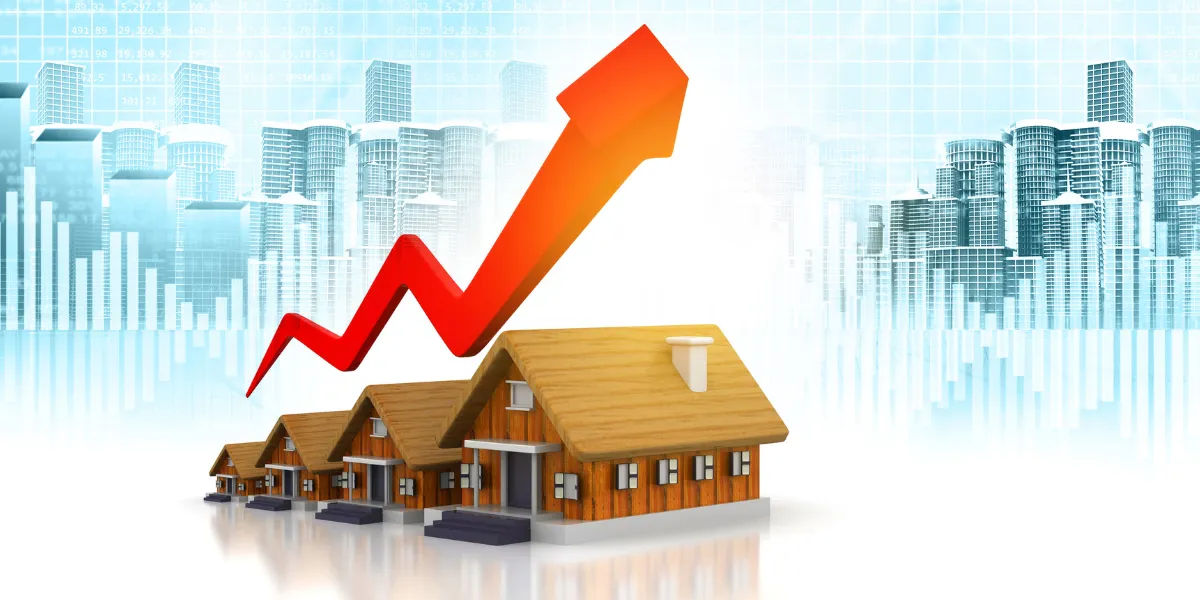Introduction
The rise of technology has transformed nearly every aspect of daily life, and real estate is no exception. Smart home developers are at the forefront of this revolution, creating properties that integrate advanced technologies to enhance comfort, convenience, and efficiency. Their projects go far beyond traditional housing by embedding intelligent systems that anticipate the needs of residents and provide seamless control over their living environments. As more buyers demand homes that align with a digital lifestyle, smart home developers are shaping the future of connected living.
Smart home developers focus on designing and building properties that incorporate cutting-edge technologies such as automated lighting, climate control, security systems, and voice-activated assistants. Unlike traditional residential projects, these developments prioritize connectivity and functionality, enabling residents to manage their homes through smartphones, tablets, or integrated platforms. The goal is to create spaces that are not only comfortable but also highly adaptive to modern lifestyles.
A defining characteristic of smart home development is its emphasis on efficiency. Developers integrate systems that monitor and optimize energy use, reducing utility costs while supporting sustainable living. Features such as smart thermostats, water-saving technologies, and solar power integration align with growing concerns about environmental impact. By combining technology with eco-conscious design, smart home developers deliver projects that appeal to both tech-savvy and environmentally aware buyers.
Security and safety are also central to the work of smart home developers. Advanced systems such as facial recognition, biometric access, and real-time surveillance provide residents with peace of mind, ensuring that their homes are protected at all times. These features not only increase the value of the property but also reflect the rising demand for enhanced personal and digital security in residential spaces.
Beyond convenience and safety, smart home developers also emphasize lifestyle integration. Many projects include connected appliances, wellness-focused systems such as air quality monitors, and even community-wide smart infrastructure that links individual homes to shared facilities. This creates environments where technology supports healthier, more efficient, and more enjoyable living experiences.
From an investment perspective, smart home developments are highly attractive because they align with long-term trends in consumer demand. As technology continues to advance, properties equipped with smart systems maintain strong appeal and higher resale value. Developers who embrace this innovation are not just responding to current market preferences but are also setting benchmarks for the future of housing.
Conclusion
Smart home developers are redefining real estate by merging technology with lifestyle. Their projects transform houses into intelligent, adaptive environments that enhance comfort, security, and sustainability. As demand for connected living grows, these developers will continue to lead the industry into a future where homes are not just places to live but intelligent partners in everyday life.




